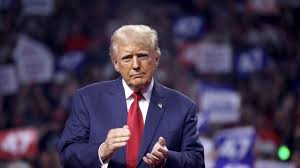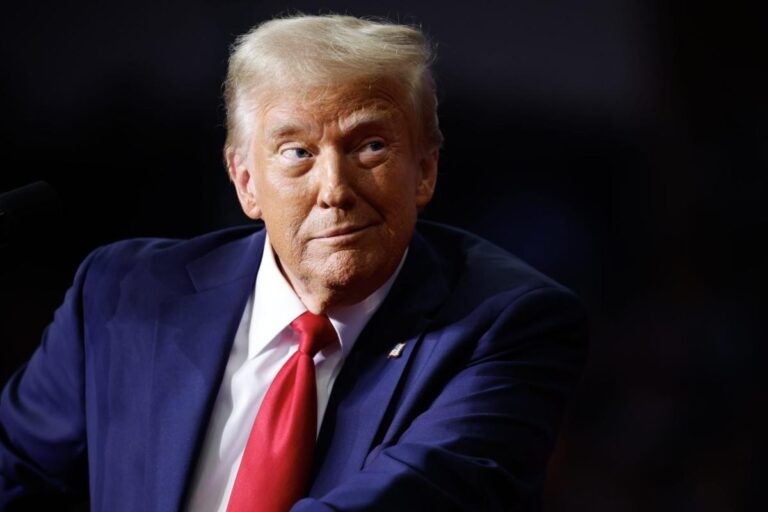Hook: A bold new direction for crypto regulation may be on the horizon, with Donald Trump considering a move that could change everything for the industry—allowing the CFTC to take charge instead of the SEC. But what does this mean for the future of digital assets?
The Big Idea:
Donald Trump’s team is reportedly considering a major shift in how cryptocurrency is regulated in the United States. They’re looking at giving the Commodity Futures Trading Commission (CFTC) the power to oversee crypto exchanges and spot markets for digital assets considered commodities. This would be a major change from the current situation, where the Securities and Exchange Commission (SEC) is in charge of regulating crypto to some extent. But what makes this important, and why should you care?
Why This Matters:
- The Shift to the CFTC: The CFTC is seen as a less strict regulator compared to the SEC. In fact, many in the crypto world think the CFTC is fairer and more willing to let innovation thrive. If the CFTC takes control, it could create a more friendly environment for crypto businesses to grow and operate without facing as many regulatory hurdles. For people like you, who are interested in how crypto works and its future, this shift could signal major changes in how crypto is traded and regulated.
- The SEC’s Tough Stance: The SEC has been criticized for slowing down the crypto industry with tough regulations and enforcement actions. According to sources, Trump’s team believes that the SEC has been holding back innovation in the US crypto scene. So, by moving the responsibility to the CFTC, the goal is to make things less strict and more flexible for crypto companies.
- A Better Future for Crypto? If the CFTC takes charge, it would be a big win for the crypto world. The CFTC has already shown it considers Bitcoin a commodity (not a security), which could make it easier for companies to work with digital assets. The CFTC is also thought to be more open to new ideas and less likely to impose harsh penalties compared to the SEC. This could mean more innovation, more growth, and possibly better opportunities for you to learn, invest, and participate in the crypto market.
Key Steps and Terms to Remember:
- CFTC vs. SEC: The CFTC is the regulator for commodities (like oil and gold), while the SEC focuses on securities (like stocks and bonds). The CFTC is known for being less strict and more industry-friendly, while the SEC has a reputation for being tough on crypto.
- Spot Markets and Digital Commodities: Spot markets refer to the buying and selling of digital assets like Bitcoin. If the CFTC takes control, it would oversee these markets for assets like Bitcoin that are classified as commodities, not securities.
- Funding and Staff Differences: The CFTC has a smaller budget and fewer staff compared to the SEC, which may limit its ability to regulate crypto markets as effectively. But, with the right leadership and funding, the CFTC could be ready to regulate digital commodities from day one of Trump’s presidency.
The Bottom Line:
This shift could be huge for the crypto industry. If Trump’s team pushes forward with this plan, it could lead to a more supportive regulatory environment for crypto businesses and investors. For you, this means more opportunities to dive into the world of digital assets and potentially see the market grow without as many roadblocks.
Understanding these potential changes is important if you’re looking to build your knowledge in crypto because it will shape how crypto evolves in the coming years. Staying updated on who controls crypto regulation is key to knowing how it affects your investments, learning opportunities, and the overall growth of the industry.



